The Mobile Connection —— The Cell Phone's Impact on Society
----- 移动连接:手机对社会的影响
Has the cell phone forever changed the way people communicate? The mobile phone is used for âreal timeâ coordination while on the run, adolescents use it to manage their freedom, and teens âtextâ to each other day and night. The mobile phone is more than a simple technical innovation or social fad, more than just an intrusion on polite society. This book, based on world-wide research involving tens of thousands of interviews and contextual observations, looks into the impact of the phone on our daily lives. The mobile phone has fundamentally affected our accessibility, safety and security, coordination of social and business activities, and use of public places. Based on research conducted in dozens of countries, this insightful and entertaining book examines the once unexpected interaction between humans and cell phones, and between humans, period. The compelling discussion and projections about the future of the telephone should give designers everywhere a more informed practice and process, and provide researchers with new ideas to last years. *Rich Ling (an American working in Norway) is a prominent researcher, interviewed in the new technology article in the November 9 issue of the New York Times Magazine. *A particularly "good read", this book will be important to the designers, information designers, social psychologists, and others who will have an impact on the development of the new third generation of mobile telephones. *Carefully and wittily written by a senior research scientist at Telenor, Norway's largest telecommunications company, and developer of the first mobile telephone system that allowed for international roaming. Table of Contents Preface Acknowledgments Chapter 1: Introduction Chapter 2: Making Sense of Mobile Telephone Adoption Chapter 3: Safety and Security Chapter 4: The Coordination of Everyday Life Chapter 5: The Mobile Telephone and Teens Chapter 6: The Intrusive Nature of Mobile Telephony Chapter 7: Texting and the Growth of Asynchronous Discourse Chapter 8: Conclusion: The Significance of Osborne's Prognosis Appendix Endnotes Bibliography Index
{{comment.content}}
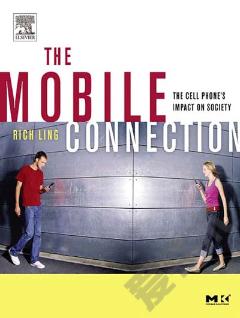
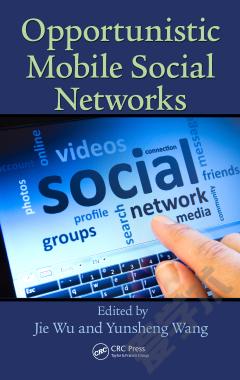
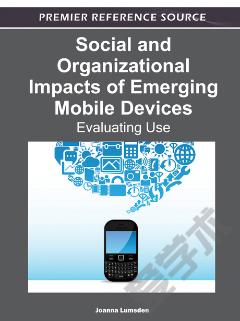


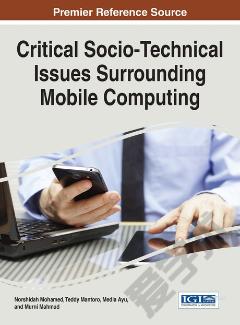
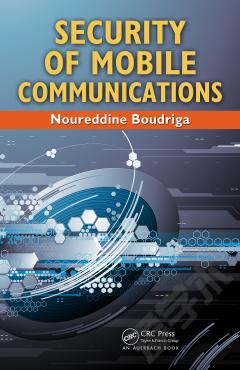

 京公网安备 11010802027623号
京公网安备 11010802027623号